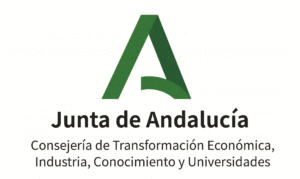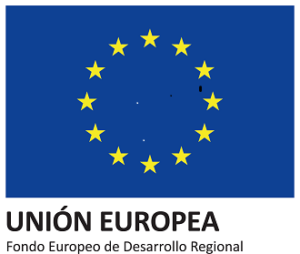Entrepreneurial creativity as a key resource for innovation and economic and psychosocial well-being in times of crisis: a gendered analysis
![]()
![]()
The “Innovation Strategy of Andalusia 2020 (RIS3 Andalusia)” begins by pointing out that innovation is a key factor of competitiveness in the global economic context, reflected in the levels of economic development of the countries with the highest volume of investment in R&D, and in the indices related to the quality of life and well-being of the population. This statement becomes even more important in the context of the current crisis, which has harmed the economic and psychosocial well-being of the population. Therefore, the objective of this proposal is to analyze entrepreneurial creativity (from a dual perspective of stable trait and changing state) as a key element to achieve higher levels of innovation and well-being (economic and psychosocial). In addition, it studies its background (psychosocial risks, protection factors and gender) and aspects that modulate the proposed relationships (gender and industry and country context).
To make a contribution to the Andalusian economy, valid and reliable data is needed, as well as elements of comparison. Therefore, the project has been designed following the following research strategy:
1) A questionnaire has been designed that will be administered in more than 20 countries in 2 moments of time (1: resolution of the call and 2: 1 year later).
2) Daily longitudinal study for 4 weeks (2 weeks at each time point) in 10 of the more than 20 countries in the population.
3) The results will be analyzed taking into account the industry in which the entrepreneur operates.
4) The gender perspective will be taken into account, since it is likely that the effects of the measures applied during the crisis have been different between men and women in jobs that allow the typical flexibility of entrepreneurship.
The results obtained will contribute to the literature (they will be published in prestigious journals due to their impact factor) and to social agents to provide solutions to the crisis through the promotion of creativity.
Aims
Expected impact
“Entrepreneurial creativity as a key resource for innovation and economic and psychosocial well-being in times of crisis: a gender analysis” is a project developed to have a marked international impact for three reasons:
a. For key social agents from all participating countries and from other countries. The results of the project can materialize in recommendations for measures that sustain the continuity and growth of entrepreneurial activity, reducing the economic slowdown. In addition, our cross-cultural study offers a new way to understand how different health systems and political strategies related to COVID-19 interfere with the creativity of entrepreneurs. The results will be synthesized in reports, meetings, seminars. By placing Andalusia at the center of the study and having data on the rest of Spain and 27 other countries (at two points in time), the conclusions obtained can be used in the Andalusian economy with a sufficiently broad framework of comparison to establish the appropriate measures.
b. For entrepreneurs from all participating countries and other interested countries. The project offers them different types of benefits, both in the study phase and afterwards:
i. Feedback and support during telephone interviews. The team’s experience in investigations with daily interviews shows that they serve as an accompaniment. In such a difficult time, this support can be of vital importance. The groups in charge of the daily interviews have been designed taking into account the languages of the interviewers and interviewees.
ii. Reports with the main results. It is intended to prepare detailed reports and with improvement tools from the theoretical review carried out by the members (of the team and collaborators) of this research project and the data obtained in the two waves of interviews. The reports will also be written in various languages to facilitate their dissemination.
iii. Online and face-to-face seminars and workshops, in different languages, to disseminate the results and support entrepreneurship.
c. For society. The aggregate data of the study, reports and academic and popular articles will be available on the project website (ECREABIEN).
4. For the literature. At least five articles will be published in the most prestigious international journals.



Co-financed by the European Regional Development Fund (ERDF) and by the Ministry of Economic Transformation, Industry, Knowledge and Universities of the Junta de Andalucía, within the framework of the FEDER Andalucía 2014-2020 operational program Thematic objective “01 – Reinforcement of research, technological development and innovation” through the reference research project (PY20_00856). ERDF co-financing percentage 80%.

Ana Pérez-Luño
Coming soon